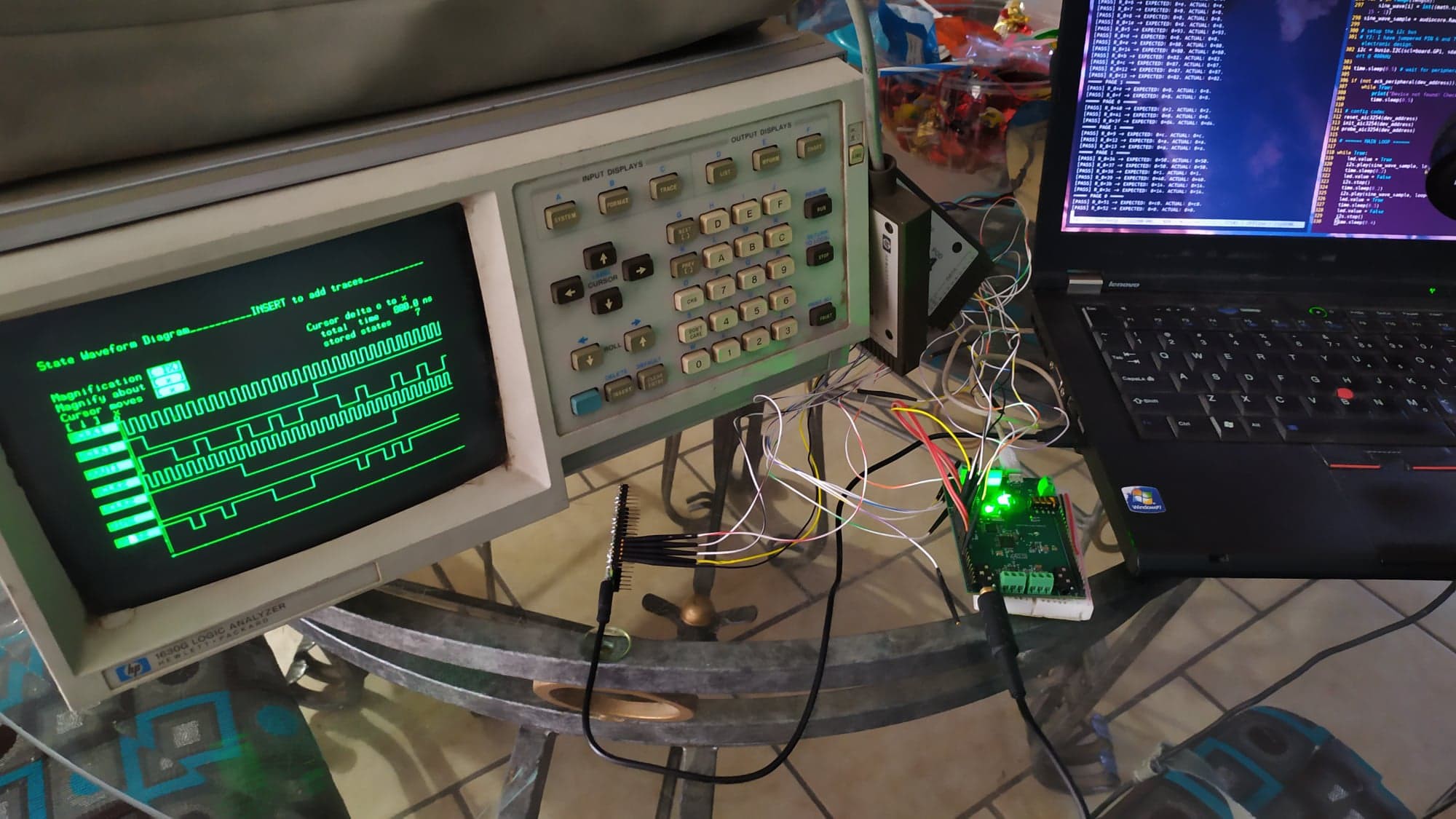-
Announcement and project update!
11/14/2022 at 12:22 • 0 commentsANNOUNCEMENT
Thank you all for the support I have received over the past year.
I really appreciate the comments and feedback through this forum and I fully intend to update my content here frequently with useful content as soon as they become available. However due to the format of this platform, it is quite difficult to present small yet important updates, therefore I am creating an Instagram page where I will post my content more regularly and also demonstrate more of the "behind-the-scenes" work that goes into creating my projects.
You can access my Instagram page here, elektroThing (@elektrothing) • Instagram photos and videos. For those of you who do not want to use Instagram, I am also launching my website, elektrothing.com, which will serve as the landing page for all things elektroThing. :)
PROJECT UPDATE
Progress has been slow and it is all my fault. I want to give a shoutout to gluons's Profile | Hackaday.io again because his help has been invaluable in proving that the hardware is working. He wrote the initial drivers needed to set up the DAC and generate sounds.
Next up for DS-Pi is to;
- Migrate the existing firmware to C++
- Sample using I2S.
- Hardware design changes - connectors, better analog/digital isolation, fixing the MEMS mic amp, adding a pot to the headphone amp, etc.
- Write firmware that allows for the use of the dual M0 core on the RP2040. One for sampling, one for DSP, and generating sounds.
Do reach out if there is something on this list that you would like to help with. I am more than happy to send over a board and in return get some work off my shoulders.
-
Audio Generation...Success! :)
06/12/2022 at 17:50 • 0 commentsHi all,
Thank you so much for all of your support and interest into this project so far and no credit to me at all, I have some great news.
Hackaday user, gluons, has been working on writing the I2C drivers to correctly setup the TLV320AIC Audio Codec as well as the I2S drivers to generate sound and they were all written in MicroPython. The reason we wanted to do this is to build more confidence in the hardware design quickly so that we can now start software development in C++ in hopes to perhaps write wrappers to already existing audio processing libraries. I have sent over a version of the DS-Pi to him and you can see what he's been able to do with it in the video linked to this post.So the plan now is to clean up the hardware design and begin to try to use it in more typical applications. Will update you guys in due course, I will be off this summer on travel but will pick up the work again in late summer/ early autumn. When I am happy with where the hardware is, I will put the hardware up on Tindie for you guys to get your hands on it! :)
Thank you again gluons and enjoy!
![]()
-
Boards up and running! (Also a call for help)
04/27/2022 at 21:59 • 0 commentsHi all,
Just a small update for you.I have gotten the board up and running and tested some of the capabilities to date so I am confident that the hardware design doesn't have any major flaws and all of the components are working as they should. My plan for the coming month of May is to slowly chip away at the datasheet to configure the TLV320AIC3254 Codec over I2C. I have been able to read and write its registers but am still trying to write the drivers for it on the RP2040.
This leads to my call for help, does anybody know of any available drivers for this IC (TLV320AIC3254) out there? Also on a similar note, thoughts on how to generate the MCLK line using the RP2040?
I am open to having a chat about perhaps sending over a sample PCB if you have the experience with what I am trying to do here.
Thanks.
DS-Pi | RP2040 Audio DSP Board
An audio DSP platform based on the Raspberry Pi RP2040
 YJ
YJ